Description
Technical advantages of laser stimulators in pain research
Pain is a protective function of the brain that encodes and processes injurious stimuli to avoid potential or actual tissue damage. As a complex subjective sensation widely present in our lives, pain not only causes somatic discomfort, but may also trigger a series of emotional problems and lead to a decline in cognitive function, which seriously affects people's quality of life. Therefore, pain research has a strong practical significance.
In general, the commonly used methods to induce pain are electrical stimulation and thermal stimulation, and thermal stimulation is divided into thermal conduction and thermal radiation. However, all these methods have certain limitations.
The nerve fibers that conduct injurious information in the human body are mainly A-δ and C fibers, and there are also large myelinated Aβ fibers that conduct somatosensory information, which have a large diameter and a low activation threshold at nerve endings. Therefore, a current stimulation approach that activates A-δ and C fibers, which conduct injurious information at a higher threshold, must also stimulate Aβ fibers, thereby inhibiting or blocking the production and transmission of nociceptive signals. Similarly, the same problem exists for the thermal conduction modality because it requires contact with the skin, thus affecting the accuracy of the data.
While the thermal radiation approach avoids the problems associated with skin contact, it makes it difficult to accurately control the stimulation temperature.
The introduction of laser radiation heat pulses has revolutionized the way pain is studied, not only by selectively activating nerve fibers that conduct injurious information, but also by combining EEG techniques to differentiate between different types of pain and become a breakthrough in this field of research. In addition, laser stimulation allows for better detection of smooth or hairy skin.
About Stimul 1340
Stimul 1340 is a DEKA laser stimulator for pain research. The light source type is Nd:YAP, which is abbreviated from (Neodymium: Yttrium- Aluminum- Perovskite) or yttrium-aluminum-garnet crystal in Chinese. Yttrium aluminum garnet crystal is the activating material, and the Nd atom content in the crystal is 0.6~1.1%, which is a solid laser and can excite pulsed laser.
The Stimul 1340 laser stimulator stimulates the A-δ and C nerve fibers from outside the skin with a 1340 nm wavelength laser for the purpose of detecting central nervous system function. Because the laser does not need to touch the skin, it does not activate tactile sensory nerves.
By adjusting the time, depth, and stimulation area of laser stimulation, data on the response of different nociceptive nerves can be obtained. Specifically, Aδ fibers conduct nerve impulses rapidly, causing brief, sharp, pinprick-like pain of precise localization, i.e., primary pain; subsequently, C fibers transmit injurious information causing delayed, burning-like diffuse pain, i.e., secondary pain.
Technical parameters
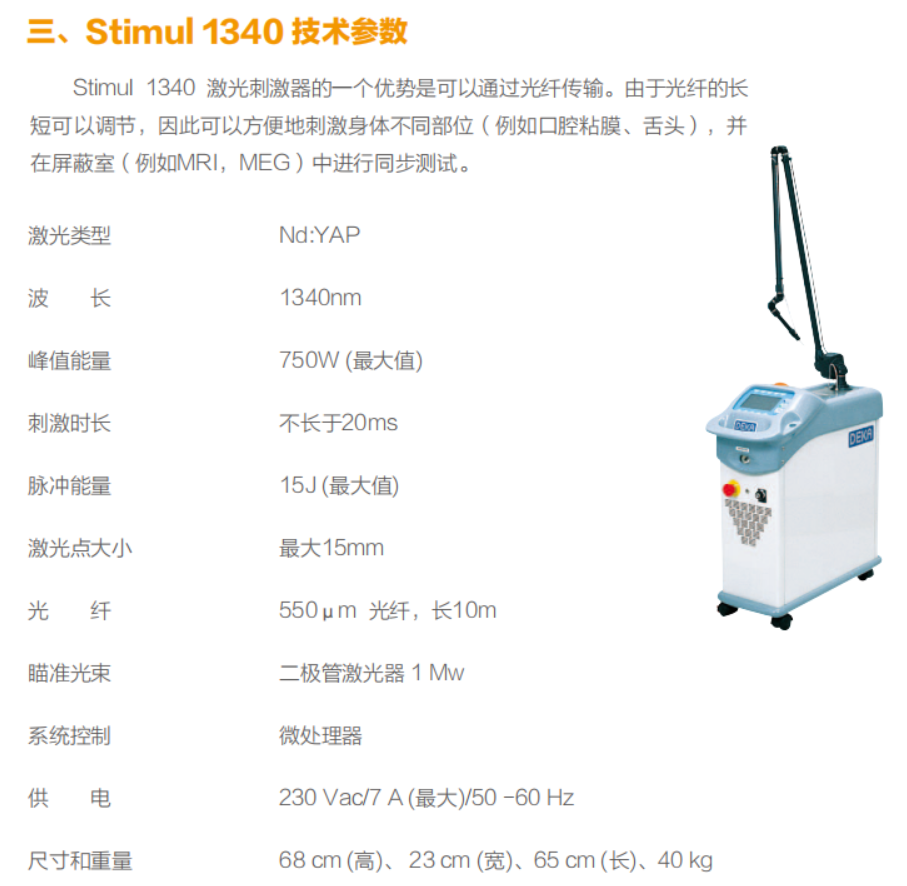


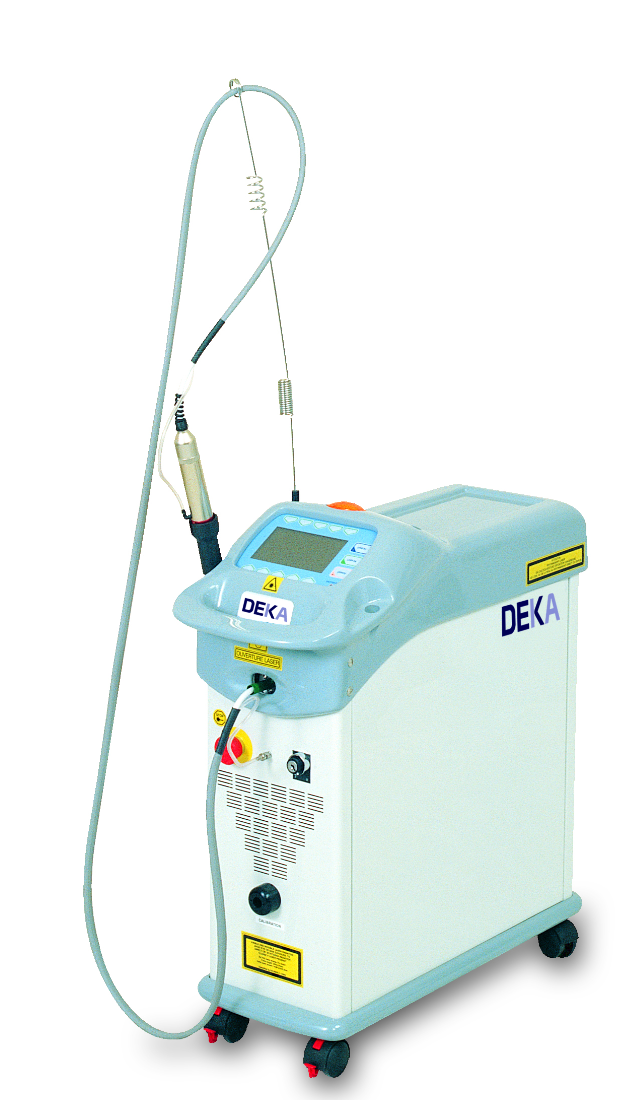
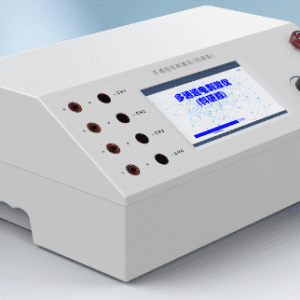
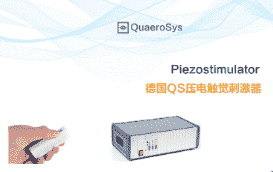
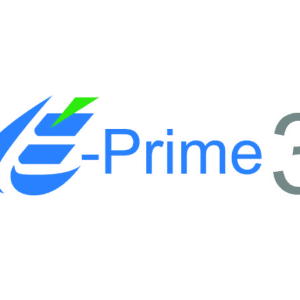
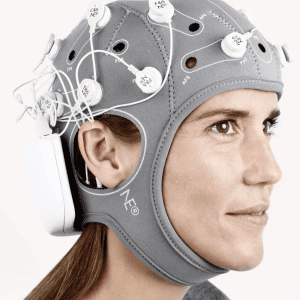














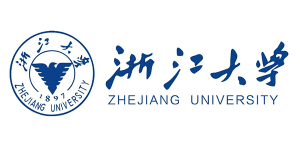



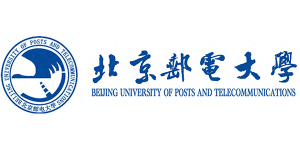
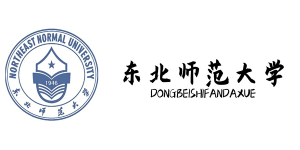
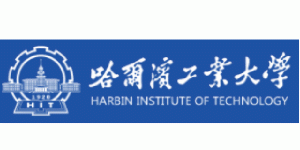


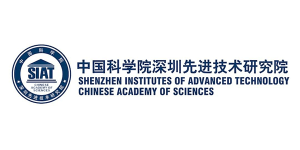
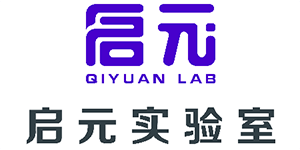
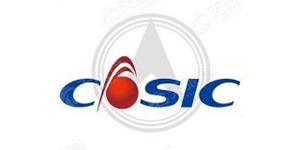
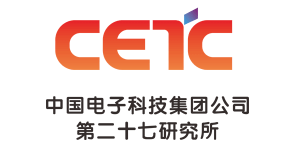
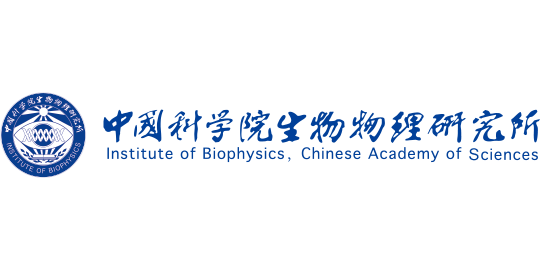

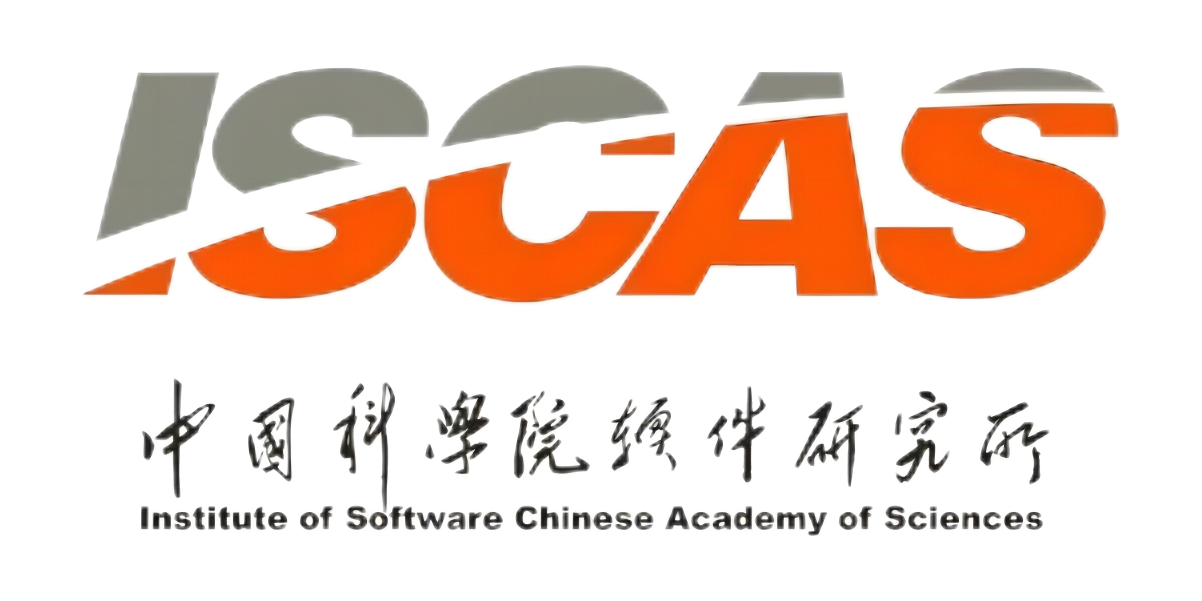
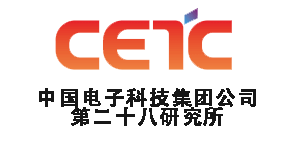
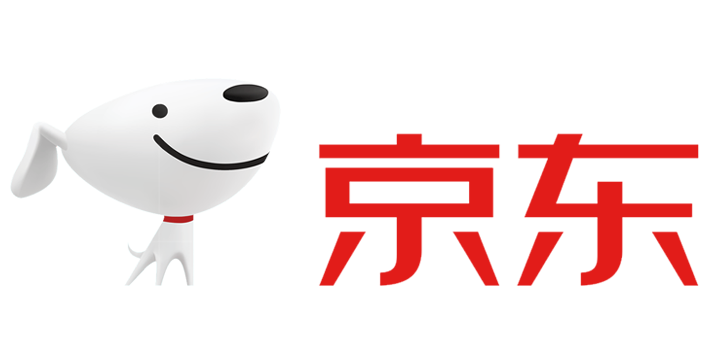

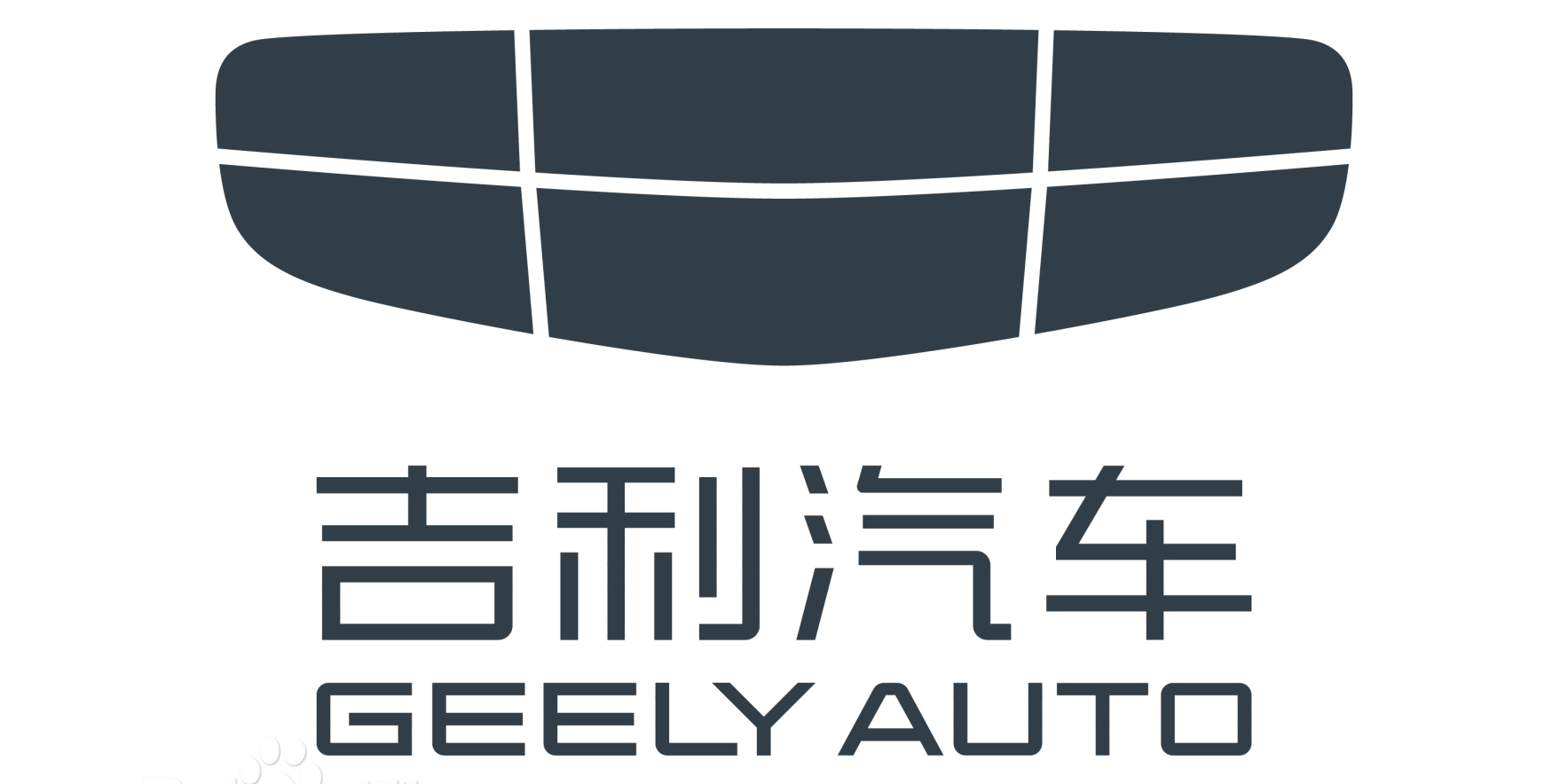
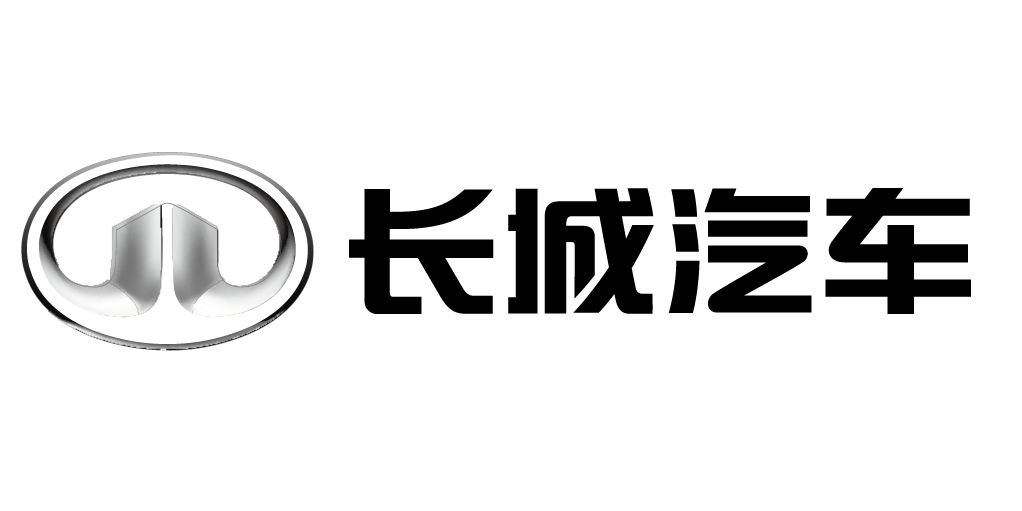


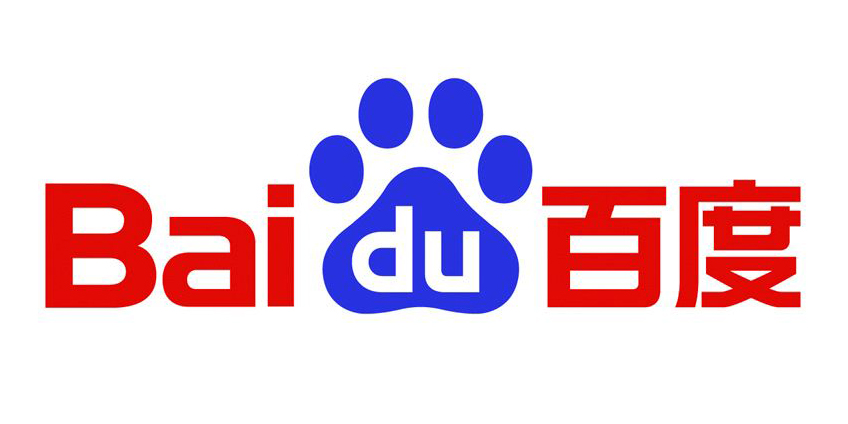
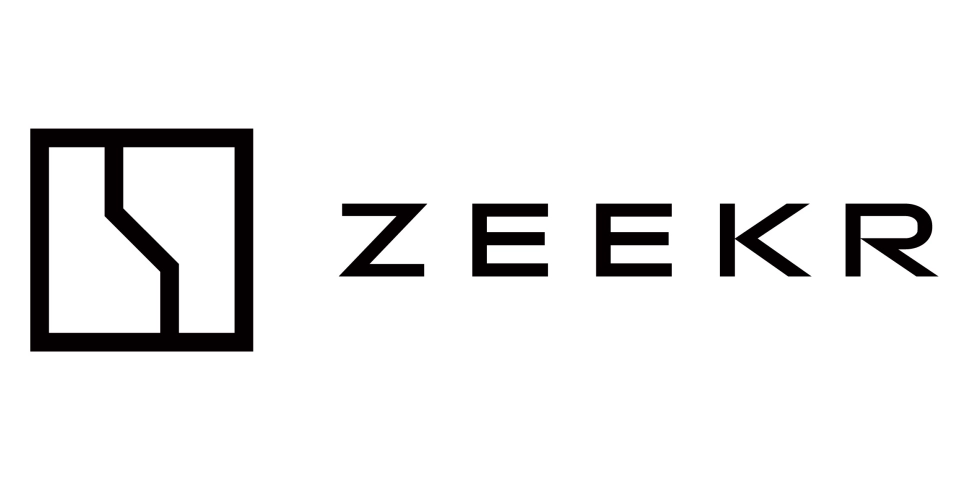
zoritoler imol -
Some really excellent information, Gladiolus I found this. “Civilization is a transient sickness.” by Robinson Jeffers.
https://www.zoritolerimol.com
🔥 Sex Dating. Go > yandex.com/poll/LZW8GPQdJg3xe5C7gt95bD?hs=c0c786407a0ba08a4e51b64008ac91f6& Message № 7518 🔥 -
932zus